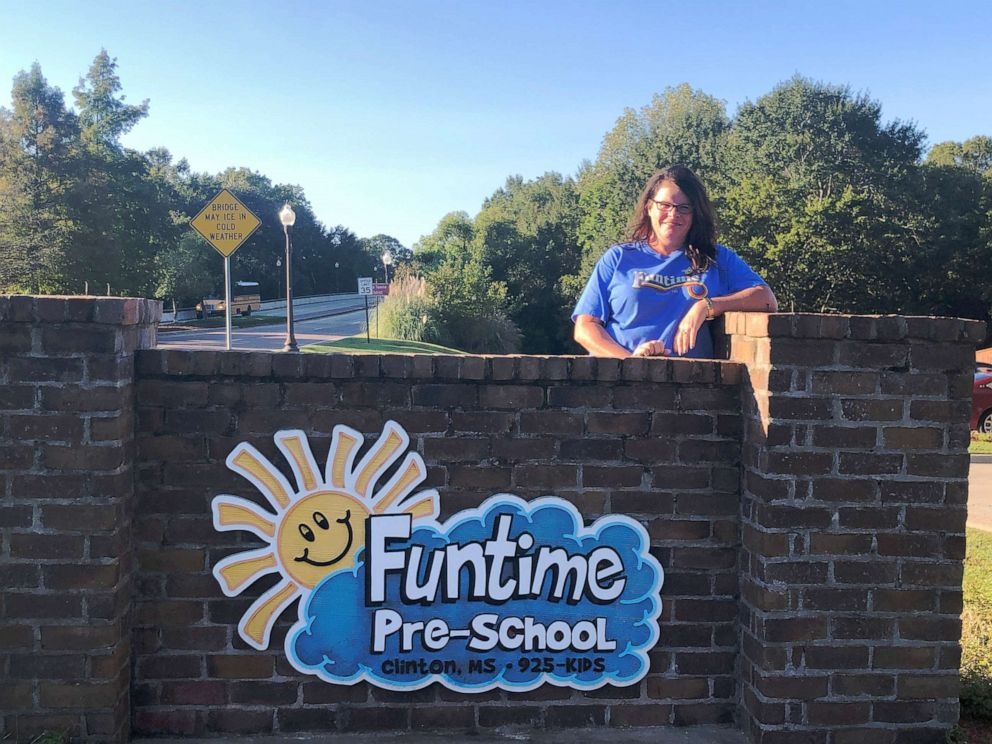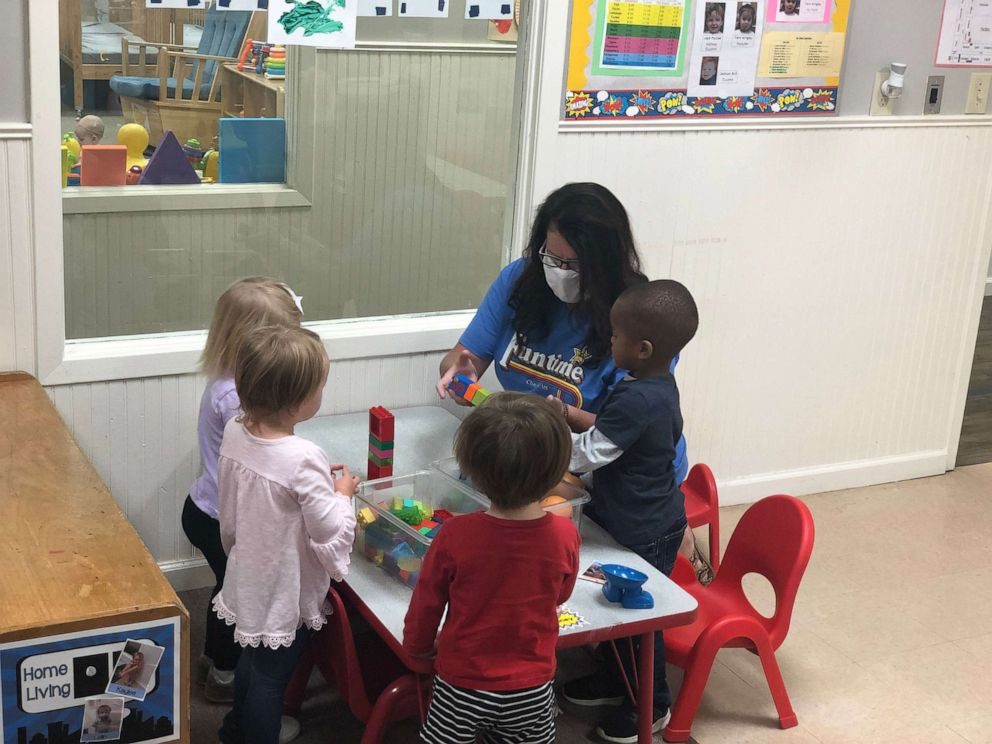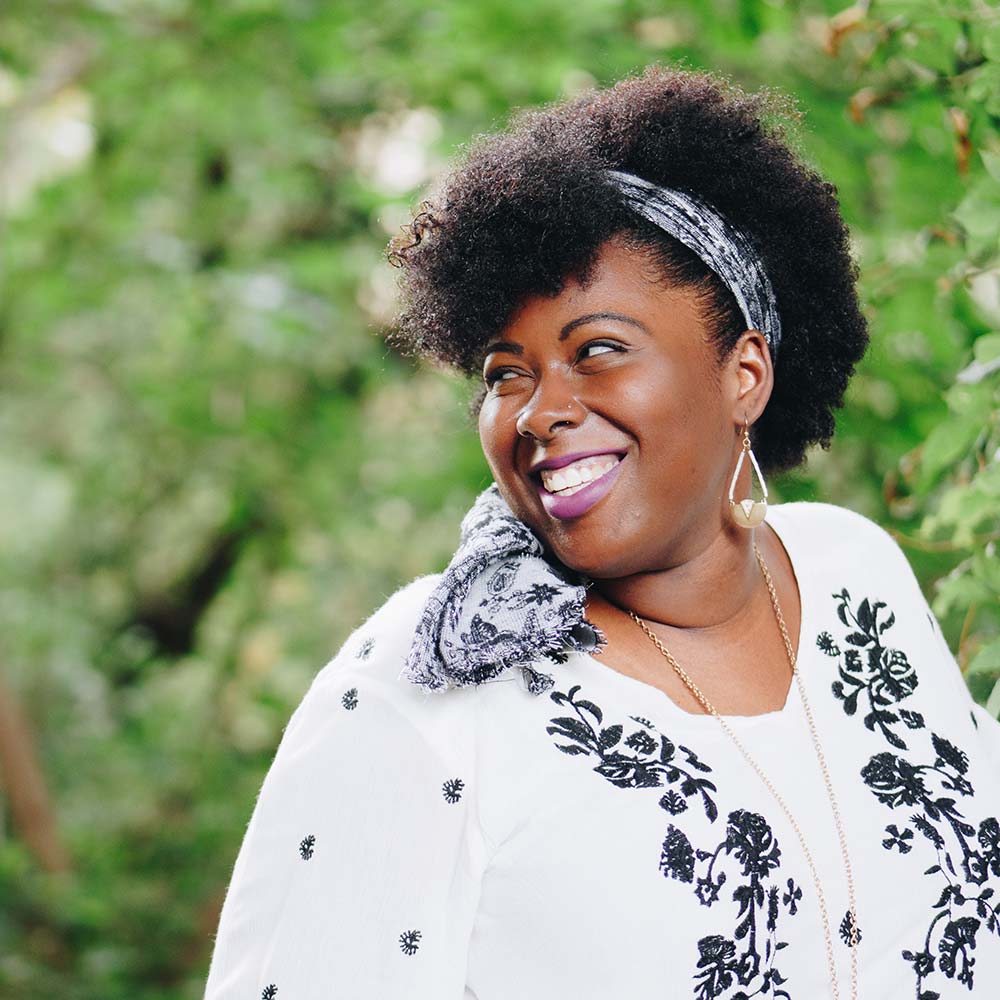Grappling with COVID-19 Workplace Safety? Mississippi Business Owner Shares How She Got Her Staff from 10% to 100% Vaccinated
When the coronavirus pandemic first hit the United States in March of 2020, frontline essential workers became the overnight heroes of what would become one of the deadliest global pandemics in modern history. As the pandemic continues to rage on, two years later, thousands of frontline essential workers still face the highest risk of exposure to COVID-19, and with the ever changing CDC guidance for masking and isolation, many employers have taken it upon themselves to implement their own COVID-19 safety protocols.
At Funtime Preschool in Clinton, Mississippi owner, Lesia Daniel, was all too aware of this and eager to protect her staff. That’s why, since the onset of the COVID-19 pandemic, Daniel has done everything she could to limit exposure to the virus in order to create a safe environment for staff, children, and their families.
In October of 2021 Made to Save teamed up with Health Action Alliance to create Vaccines at Work, an initiative that supports businesses with COVID-19 policies. Together, we provide employers – 62% of which are small business owners like Daniel – with free trainings and resources to encourage vaccinations, improve workplace safety, and implement equitable COVID-19 vaccine policies. As a partner in our Vaccines at Work initiative, Lesia and Funtime Preschool have been a leading example of this work in action. To learn more about how Funtime Preschool successfully got their staff vaccinated, and how you can do the same, read our in-depth interview with Daniel below:
Additionally, to access these free resources, for business owners grappling with the pandemic, check out our Vaccines at Work webpage here.

Lesia Daniel Hollingshead poses at Funtime Preschool, the Mississippi preschool she and her family have operated for decades in Clinton, Miss. | Photo Credit: GMA
Q: What has surprised you the most in implementing vaccine policies so far? Was it easier or harder than you thought it would be to get to that near-100% vaccination rate?
A: The most surprising part is that I only lost one staff member. Realizing we started with only about 10% of our staff vaccinated, it was very scary to think of losing any employees in the midst of the staffing crisis small businesses are facing. What I learned is that the majority of my employees trust and value my opinion. They were open to me sharing my personal story with COVID as well as reputable data regarding the vaccine. I believe people are sometimes afraid to believe the media but welcome education from a trusted source.
Q: You went from 10% to nearly 100% staff vaccinated. That is INCREDIBLE. What do you think is the biggest reason you were successful?
A: I think the biggest reason we have been successful is that I broached the subject in a variety of formats: all staff meetings, focus groups, individually. I didn’t want to push too much information on them too fast but rather small bites over the course of 4 -6 weeks. Our leadership team became more involved in the discussions as well, so we had multiple trusted sources sharing information. Personal interest and conversations really helped them see that I truly want what is best for them. I also solicited employees’ input into our COVID policies across the program, not just in regard to the vaccine. Currently we have 115 employees, 105 are fully vaccinated, 3 have their first shot and are waiting to be eligible for the 2nd dose, 3 have an exemption, and 4 are not vaccinated.
Q: I’m particularly interested in any insights you have on how you had this success in an area with such low vaccination rates in general, where public sentiment was skeptical about pandemic response efforts.
A: There was so much false information floating around regarding the vaccine, that ACCURATE INFORMATION solved many issues. I listened to their questions/concerns and asked if I could share what I knew to be true regarding their concerns. Some were open at first, and some were not. As more staff were vaccinated, they were able to share with coworkers their experience first hand. The positive energy and conversation really helped them see that by choosing to get vaccinated they were protecting themselves, their families at home, their children at Funtime as well as their co-workers and friends.
Q: I think some business owners assume that implementing vaccine policies will negatively impact their business. What would you say to business owners who may be wary that they’ll lose money or business by requiring vaccines?
A: Due to the nature of our industry, there are no options to work remotely. However, we do have the option to limit face-to-face contact between customers (families) and our teaching staff. Since March 2020, we’ve provided curb-side drop off and pick up so that families don’t need to come inside the Funtime building. For us, if we have to close down due to lack of staff, we don’t make money, and families don’t have childcare. We have provided $11,800 in family tuition vouchers (credits to their tuition account) from July 2021 – November 2021. This was done as a courtesy to children who had to quarantine due to exposure while at Funtime. The best way for us to ensure continued income is to ensure our staff are protected from COVID and able to safely come to work. The vaccine is the way to do that.
Q: What resources from Vaccines at Work have been helpful?
A: Thank you for the helpful information regarding medical and religious exemptions. The resources you provided help us understand when those exemptions would and would not be applicable.

Lesia Daniel Hollingshead works with students at Funtime Preschool in Clinton, Miss. | Photo Credit: GMA
Q: Yours is a great example of how a staff vaccine policy in just one business/industry allows others to keep running smoothly, because it keeps childcare staff healthy and well for work and thus allows parents in all industries to stay at work. What effect do you think it would have on your workplace, staff, and children if companies across industries also implemented these policies?
A: Many Funtime families were exposed to the Omicron variant in their workplaces and over the holidays. During two weeks of the Omicron surge, we have had 18 children test positive (the majority 0-3 years), quarantining 85 classmates. We have also had 36 children quarantining because a family member in their home tested positive. We have only had eight of our staff test positive, and all but one are vaccinated. Seven of these eight teachers were exposed to a child in their classroom who was positive, meaning our teachers are not primarily the source of COVID spread at the preschool.
While our preschool children are too young to be vaccinated themselves, their parents’ vaccination status can still help mitigate the chances of the children getting and spreading COVID. If a student’s primary care-giver at home is positive, then they are at risk of spreading the germs well before they develop any symptoms themselves. This puts our whole population at risk.
Not only is the difference in vaccine requirements across workplaces an issue, but also the quarantine requirements vary from employer to employer. Some family members have been told they can return to work before our quarantine is up. Our policies are directly based on guidance from CDC, and until vaccination rates in our area are higher and the spread of COVID-19 is better controlled, we are in no position to relax our protocols for health and safety.
###
If you would like to learn more about Made to Save’s Vaccines at Work program or the resources we offer click here. Alternatively, if your business or any businesses in your community have successfully implemented, or are in the process of implementing, these COVID-19 safety measures and vaccine policies in the workplace AND would like to share your story or theirs with us please contact press@madetosave.org.
